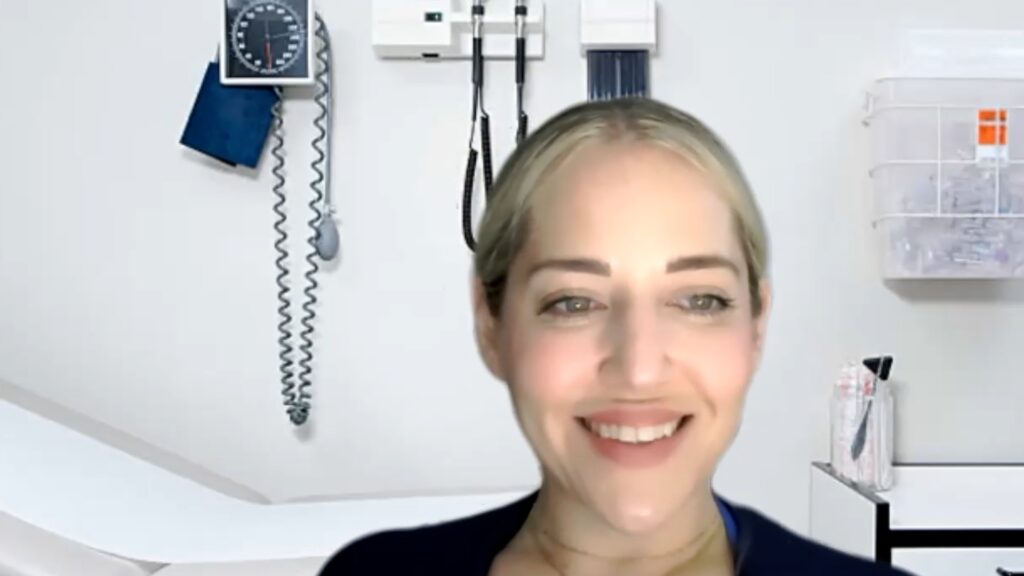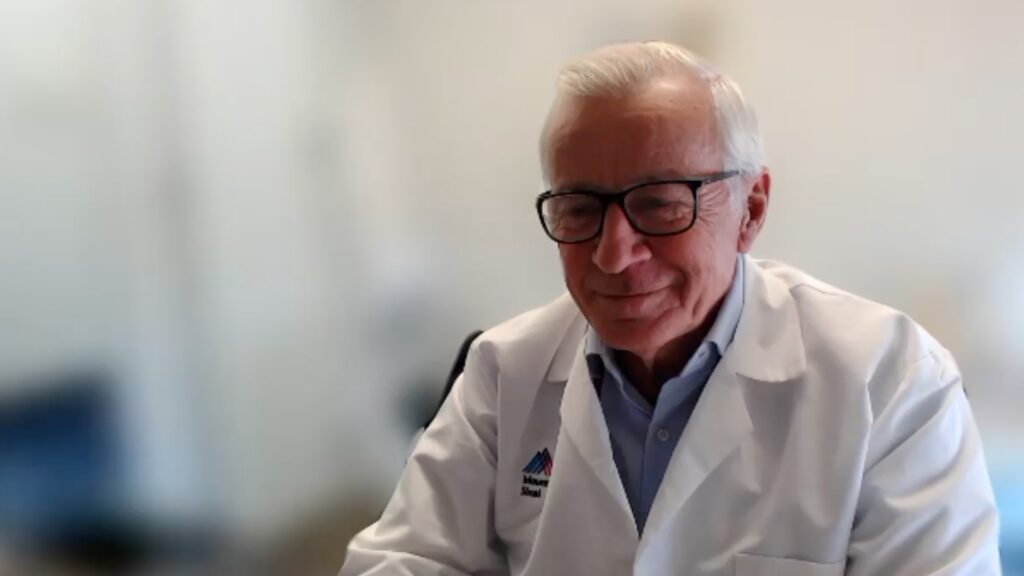Digestive Health Month took place over May 2023 to raise awareness of digestive diseases and cancers, which often remain overlooked in terms of policy, funding and research in Europe. We were delighted to talk with UEG’s Vice President Prof. Matthias Löhr (Karolinska Institutet, Stockholm, Sweden) around the public health and economic burden of digestive diseases, the key messages of this year’s Digestive Health Month and how this public awareness campaign will impact patient outcomes in the future.
Questions
- What is the public health and economic burden of digestive diseases and cancers across Europe? (0:34)
- Why do digestive diseases and cancers often remain overlooked in terms of policy, funding and research? (2:03)
- What are the key messages of this year’s Digestive Health Month? (3:26)
- What do we already know about the prevention of digestive diseases and how will increased awareness encourage initiatives for prevention? (4:38)
- How is the UEG public awareness campaign taking place over May going to impact patient outcomes in the future? (5:29)
Disclosures: Matthias Löhr discloses consulting for Abbott and Viatris and serving on advisory boards for iCellate and Zedira.
Support: Interview and filming supported by Touch Medical Media Ltd. Interview conducted by Victoria Jones.
Click here for more content on digestive disorders.
Transcript
What is the public health and economic burden of digestive diseases and cancers across Europe? (0:34)
The burden, the economic burden that has been in the year 2000 some twenty five billion euros and more than tripled until the year 2019, to some eighty nine billion, that is almost quadrupled and it’s expected to increase further. So this is indeed quite an economic sizable amount of GDP which is attached to, you know, healthcare costs. This economical burden is just one part or side of it. The public health burden obviously is that all the people of Europe who are sick, that is upcoming patients, they are not working. Sometimes they do not even return to become a part of the workforce and those with some of the cancers, which are also part of the problem, will even die and never ever return to the workforce. So this is a huge burden on the public health, not to mention the relatives and families of the patients who have been inflicted with some kind of digestive disease.
Why do digestive diseases and cancers often remain overlooked in terms of policy, funding and research? (2:03)
So the heart, for instance, is very emotional to many people as are other parts childhood diseases, even childhood cancers, or even breast cancer, they have a huge emotional value beside the clear medical, you know, problem, which stands behind that. Also, you know, for many of the cancers in the GI tract, for instance, there are not that many survivors, so we have not really a lobby. That is the one thing. They are attached to some conditions, or I should say, environmental or dietary influences, which are also disregarded, and not very often openly talked about. The one is, for instance, alcohol overconsumption or smoking or, you know, the obesity which is particularly a problem in the youth that is in the in the younger generation all across Europe. So these are statutes, which are sometimes hard to convey and to talk about.
What are the key messages of this year’s Digestive Health Month? (3:26)
One of the key messages which we from UEG found extremely important is awareness. We would like the population of Europe, our fellow Europeans, as much as our fellow colleagues, to be aware of the diseases and the burden of the diseases attached to it to improve digestive health and that means that they should know about the conditions, they should know about the possibilities, which we have in store to raise awareness. Raise awareness for digestive health in that, for instance, work against obesity, work against overconsumption of alcohol, work against smoking, and see to it that for instance, poor prognosis cancers of which many of the upper GI tract are part of, oesophageal, liver, bile ducts, and particular pancreas are not overlooked and receive not only the attention and awareness but also the funding, which they do need to improve digestive health across Europe.
What do we already know about the prevention of digestive diseases and how will increased awareness encourage initiatives for prevention? (4:38)
From one example which the United European Gastroenterology really implanted and implemented in Europe, that is the surveillance, schooling, screening colonoscopy. We do know that disease can be prevented. This is something which is available in virtually all of the countries across Europe and beyond and is really preventing colorectal cancer by large. So prevention is really key, and this is one thing which we can do to really avoid the secondary diseases all the way to the healthcare and public health impact which those diseases are causing across Europe.
How is the UEG public awareness campaign taking place over May going to impact patient outcomes in the future? (5:29)
UEG is a professional umbrella organization of many member societies and national societies across Europe. We do have a public affairs committee and are very active in Brussels. We have been earlier this month in Brussels, to basically raise awareness for digestive health, particularly obesity, particularly alcohol over consumption, and particularly poor prognosis cancers. On top of that, we are very active in social media, LinkedIn and particularly Twitter, and try to reach out to our colleagues, but also to the general public within Europe to raise awareness, make everybody aware of the diseases and to improve digestive health.
Subtitles and transcript are autogenerated.








